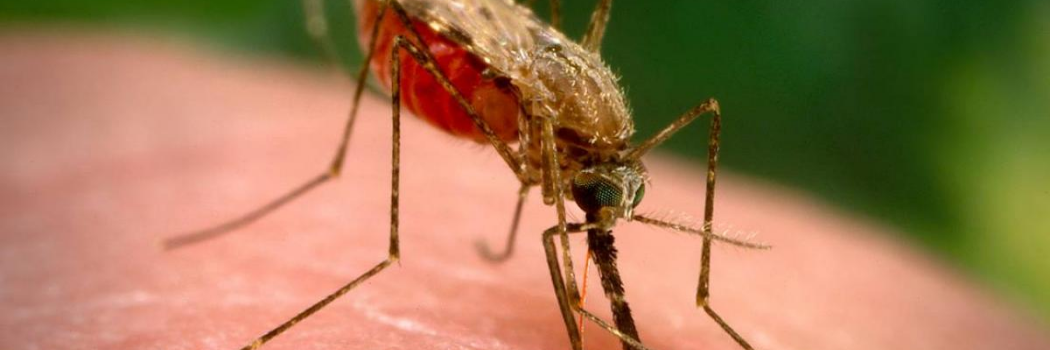Stopping the spread of malaria

We’ve shaped the World Health Organization’s policy on global mosquito control to tackle the spread of lethal diseases like malaria and dengue fever.
Professor Lindsay combined maps of the global distribution of seven of the most important vector-borne diseases that provided a collective look at these diseases for the first time. This provided compelling evidence on the huge scale of the threat posed by these diseases and the need to control them collectively.
Research by Professor Steve Lindsay, in our Department of Biosciences, and his colleagues focused on the development of new tools to control these diseases – mainly malaria in sub-Saharan Africa.
Insecticidal nets
Their research includes testing novel types of long-lasting insecticidal nets and spraying indoors, but more importantly, they explore interventions that are not widely-used in vector control.
Larval control
He and his team conducted three large clinical trials in Kenya, Tanzania and The Gambia and demonstrated that where there were few, fixed and findable areas of water breeding mosquitoes adding a microbe to the water significantly reduced the abundance of mosquitoes and, more importantly, reduced malaria in children.
House screening
They also carried out a clinical trial with two types of house screening in The Gambia and found that both screening methods cut the number of malaria-carrying mosquitoes entering a house by half. This reduced the likelihood of anaemia in children by half - a major killer of African children under two years old.
The team is also exploring ways of reducing the threat of malaria with new types of healthy homes to reduce malaria and other killer infections of childhood.
Influencing international policies
This ground-breaking research contributed to the publication of the World Health Organization’s first global strategy devoted to the control of vector-borne diseases, Global Vector Control Response 2017-2030.
It’s hoped this strategy will reduce the 405,000 deaths from malaria and the 390 million dengue infections which happen globally each year.
Find out more
- Learn more about the work of Steve Lindsay, Professor in our Department of Biosciences and fellow of the Wolfson Research for Health and Wellbeing.
- Read journal articles on integrating vector control across diseases, reducing malaria in areas of extensive flooding in the Gambia, interventions on exposure to malaria vectors and anaemia in children in the Gambia, the evidence for improving housing to reduce malaria and improving the quality of vector control trials.
- Find out more about Global Vector Control Response 2017-2030.
- Interested in studying at Durham? Explore our undergraduate and postgraduate courses in Department of Biosciences.


/prod01/prodbucket01/media/durham-university/external-location-photography-/city-shots-/82922-1-1920X290.jpg)